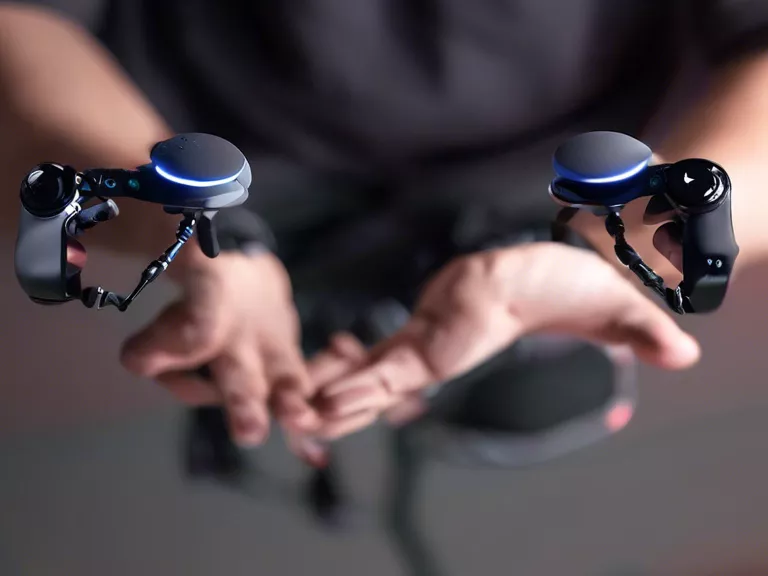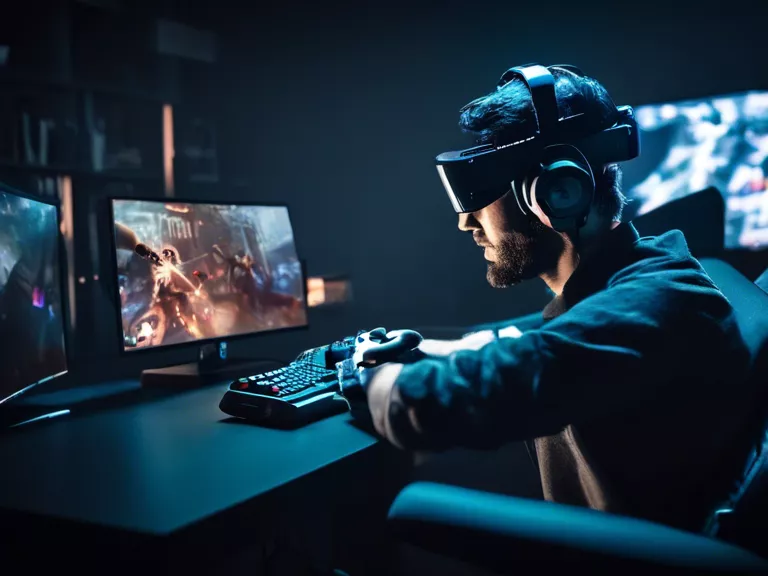
In the rapidly evolving landscape of technology, immersive neural interfaces are redefining the way we interact with devices. As we move towards a future where controllers may become obsolete, the possibilities of immersive neural interfaces are endless. From brain-computer interfaces to neural implants, these advancements are paving the way for a more immersive and intuitive user experience.
With the rise of virtual reality and augmented reality technologies, the demand for more natural and seamless interactions is becoming increasingly apparent. Immersive neural interfaces offer a way to bridge the gap between the digital and physical worlds, allowing users to control devices with their thoughts and emotions. Imagine being able to navigate a virtual world simply by thinking about where you want to go, or manipulate objects in a game using only your mind.
One of the most promising applications of immersive neural interfaces is in the field of healthcare. Researchers are exploring the use of brain-computer interfaces to help individuals with paralysis regain control over their movements, or to assist in the diagnosis and treatment of neurological disorders. By tapping into the power of the human brain, these interfaces have the potential to revolutionize the way we approach healthcare.
As we look towards the future, it's clear that immersive neural interfaces will play a key role in shaping the way we interact with technology. From entertainment and gaming to healthcare and beyond, the possibilities are truly exciting. While the end of controllers may still be a ways off, one thing is certain: the future is bright for immersive neural interfaces.
No Website Lists.



